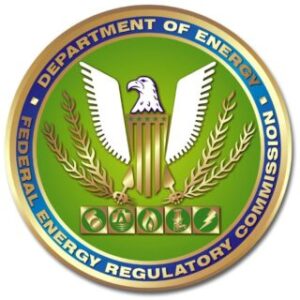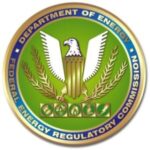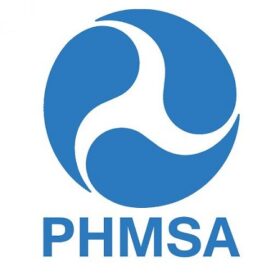
In its orders requiring pipelines to expense their Pipeline Safety Act costs, the Commission ignored the obligations imposed by the OPS IM Regulations, departed from its own precedent, failed to respond to substantial arguments of INGAA, and otherwise failed to provide a reasoned explanation for its decision.
The Commission’s position throughout these proceedings has been that the Pipeline Safety Act testing and related costs that INGAA’s members seek to capitalize — i.e., the costs of completing the baseline assessments and related data integration and record keeping within the 10-year deadline — fit the literal description of “Operating Expense Instruction Nos. 2, Maintenance, Item Nos. 2 and 3” under its USOA operating instructions. (Those instructions indicate that costs incurred in such activities as testing and reporting on the condition of the pipeline to determine the need for repairs, or work performed to prevent pipeline failures and maintain the pipeline, are to be treated as maintenance expenses.) In order to make the baseline assessments and related activities fit within that maintenance rubric, however, the Commission mischaracterized the IM Regulation activities as merely a higher level of maintenance that still fits its USOA maintenance instructions. The Commission erred in steadfastly adhering to this myopic view in the face of reasonable arguments that costs incurred by pipelines in setting their integrity management programs within the 10-year deadline are properly capitalized.
First, the Commission ignored OPS’ own evaluation of its new “integrity management” regime and failed to respond adequately to the argument that the testing and related compliance costs may be properly capitalized under its own precedent where the testing costs are part of a major pipeline rehabilitation project involving significant replacements and modifications of facilities. INGAA showed — and it is not seriously disputed — that (1) the IM Regulations mandate such a major project, (2) significant modifications will result in increased efficiency as well as safety, (3) future periods will benefit through the accelerated testing by fixing problems earlier than they would be under the ordinary maintenance regime, and (4) the testing and related costs that INGAA seeks to capitalize are “set up” costs for the program that reasonably can be viewed as “one-time events” under the Commission’s formulation of the standard. The Commission brushed off that analysis based on its view of the IM Regulations as merely a regime of heightened maintenance. That resolution constitutes an impermissible unexplained departure from precedent.
Second, the Commission never engaged a number of INGAA’s other arguments and seemingly applied a new capitalization standard to the costs at issue. INGAA argued that GAAP, which particularly embraces safety improvements, was particularly important to the Commission’s decision. INGAA also urged the Commission to factor in the size of the expenditures involved in compliance with the IM Regulations. The Commission never addressed these points.
The Commission gave short shrift to INGAA’s accounting expert’s testimony regarding FASB issuances on analogous asbestos removal precedents. Instead, the Commission seized on one of those FASB issuances to articulate a new criterion that would not allow capitalization of the costs unless they improve the pipeline above and beyond its original construction state. The Commission failed to engage the same expert’s explanation as to how the IM Regulations effectively shift expenditures to earlier periods while the benefits nevertheless last much longer.
In sum, the Commission departed from its own precedent and failed to provide a meaningful response to legitimate arguments.






